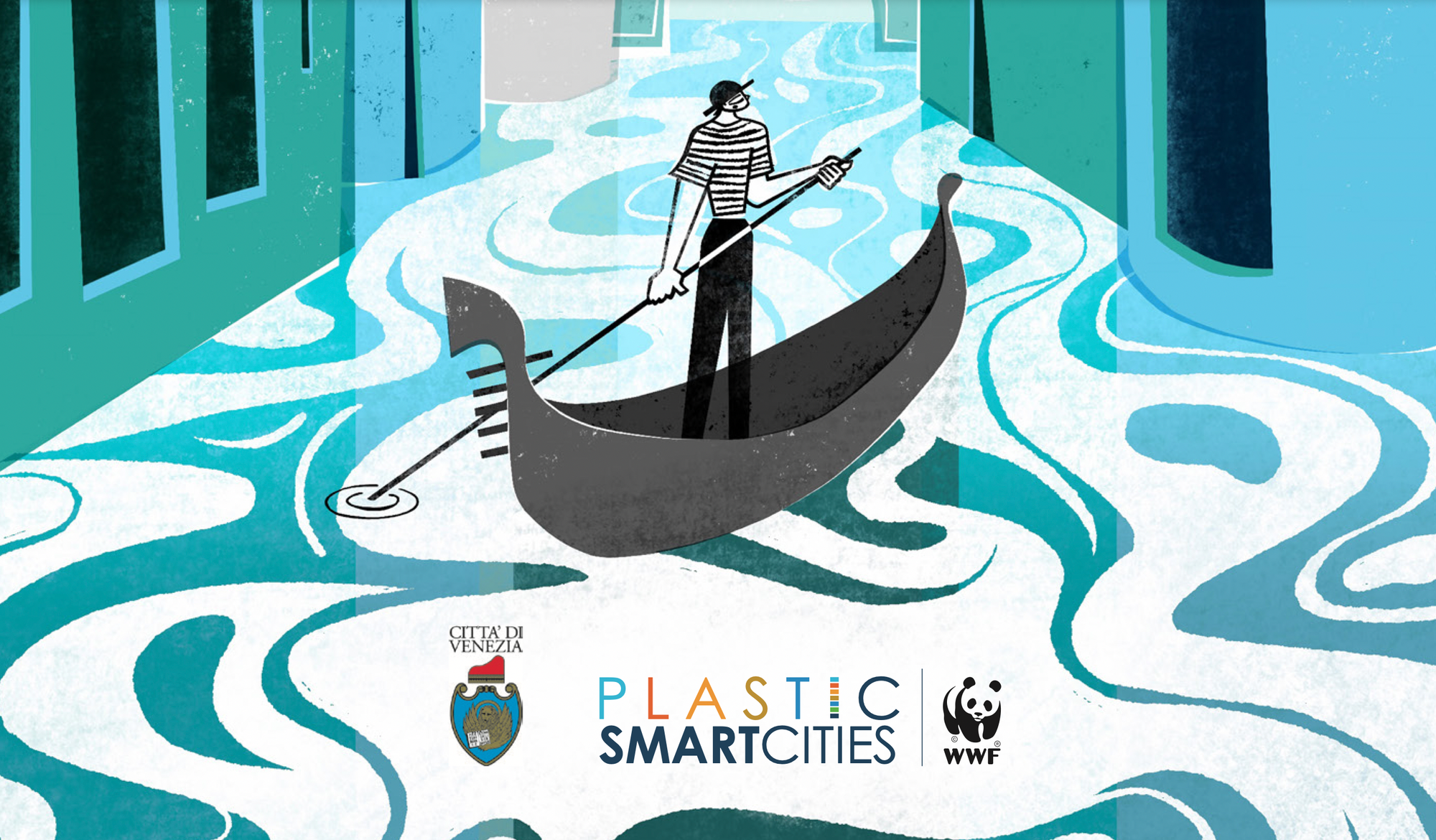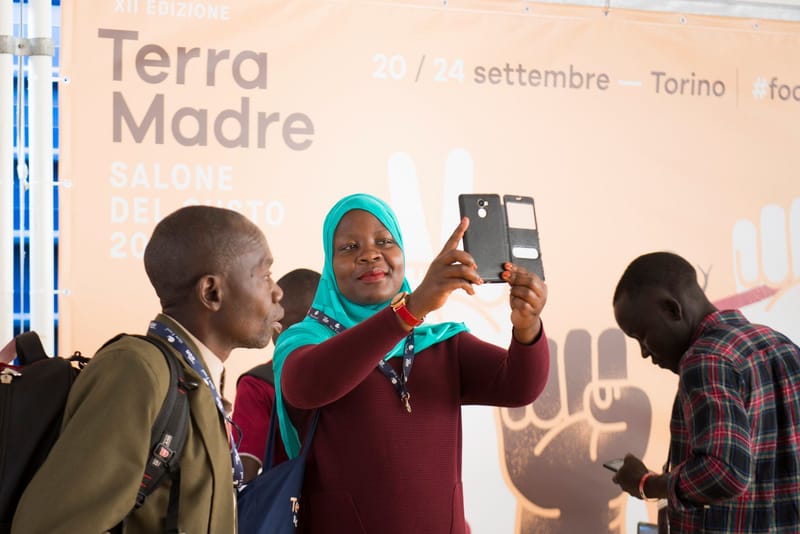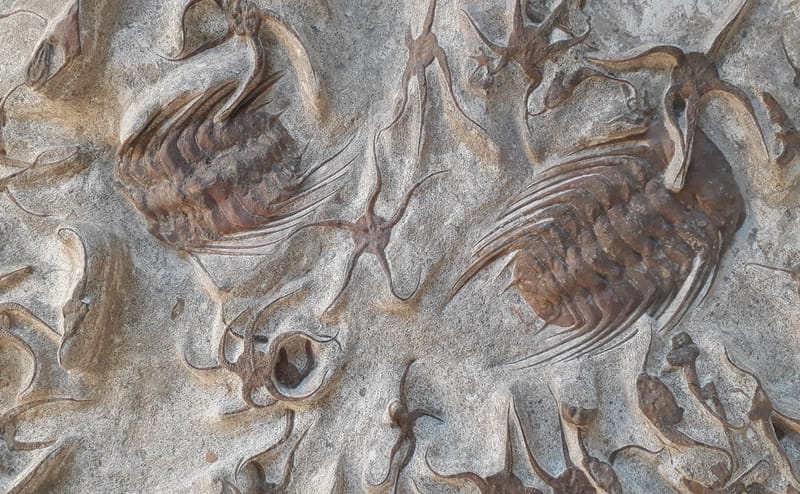Tourism, so Venice says no to plastic
The initiative with WWF: marine litter increases by as much as 40% during peak tourist season Tourism has a major impact on the production of plastic waste, especially for a city with a large tourist base like Venice. During peak season periods, the increase in population

The initiative with WWF: marine litter increases by as much as 40% during peak tourist season
Tourism has a major impact on plastic waste production, especially for a city with a large tourist base like Venice. During peak season, the increase in population along the Mediterranean coasts leads to an increase of up to 30 percent in waste production.
Increases of this magnitude put waste management and disposal activities to the test, leading to a greater risk of dispersion into the environment: not coincidentally, on the Mediterranean coasts, marine litter increases by as much as 40 percent during the peak of the tourist season.
The presence of all this plastic in nature causes enormous economic damage to the tourism industry, quantified at about 268 million euros a year.
For this reason, Venice, the first city in Italy to join WWF's Plastic Smart Cities Initiative, has included - among the activities of its action plan - raising awareness among accommodation facilities in preventing and reducing the use of single-use and unnecessary plastic with the launch of the brochure "Venice Tourism Plastic Smart."
The guide is illustrated by Fernando Cobelo, and developed by WWF with the collaboration of Veritas Group and the support of the Blue Planet Virginia Böger Foundation, and is aimed at hoteliers and all those who, in various capacities, host tourists in the city. The goal is to inform but above all to concretely highlight all those actions necessary to overcome a difficult but possible challenge: reducing one's plastic footprint.
Reducing one's footprint and combating plastic dispersion in Nature is an issue as topical as ever: these days the negotiations of the penultimate round of United Nations negotiations (INC-4) for a Global Plastic Pollution Treaty have ended in Ottawa, Canada.
The negotiation process has been slow but the outcome has been quite positive, with further progress on developing standards to ban the most problematic and avoidable plastic products. However, important issues remain unresolved, such as the inclusion within the treaty of measures to reduce plastic production and consumption. Also still in question is a key element of the Treaty: whether the rules will be (as hoped) global or whether the status quo will be maintained instead, with voluntary rules based on national plans.
Positive note in closing INC-4 with the approval of formal intersessional work ahead of INC-5, which is essential to discuss plastic products to be banned and harmful and avoidable chemicals, product design for reuse and recyclability, and to analyze the financial package needed to implement the Treaty.
The path to final negotiations the INC-5 in Busan, Republic of Korea, begins now and will last 7 months until November this year.






